Research Counts

Small steps and a change of perspective about infant feeding in evacuation shelters could have big impacts on the well-being of mothers and children alike.
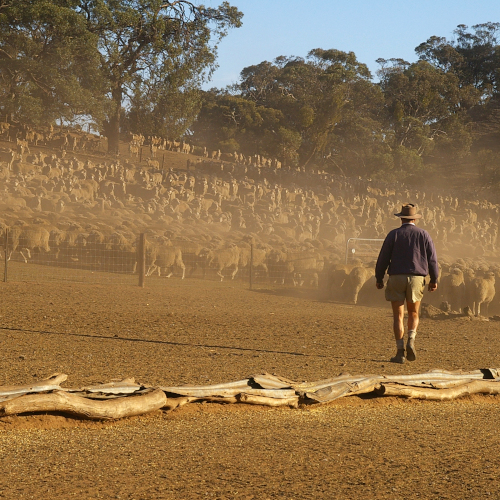
Planning for drought might seem like an unnecessary expense to ranch managers—especially in moister years—but recovering from drought is more expensive. Learn more about cost-effective drought planning in this Research Counts.

While disaster recovery costs will always come with uncertainties, new trends in cost estimation can limit them somewhat and help rebuild faster.

The inability to access adequate menstrual hygiene supplies in emergency shelters can make a stressful situation even more difficult for women and girls. Luckily, simple steps can be taken to address this important and sensitive public health issue.
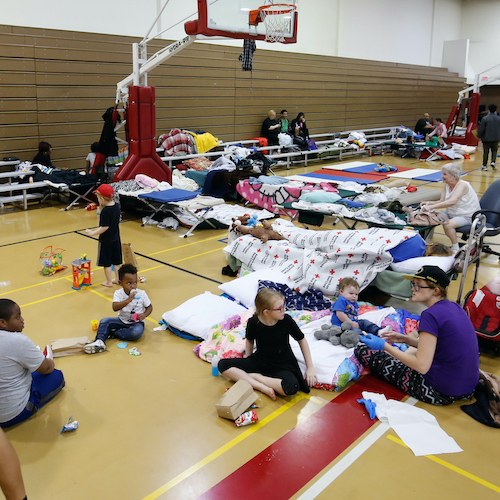
It’s important to make sure children’s mental health isn’t overlooked in disasters. Learn how implementing a system involving triage, screening, and referral can improve their outcomes.
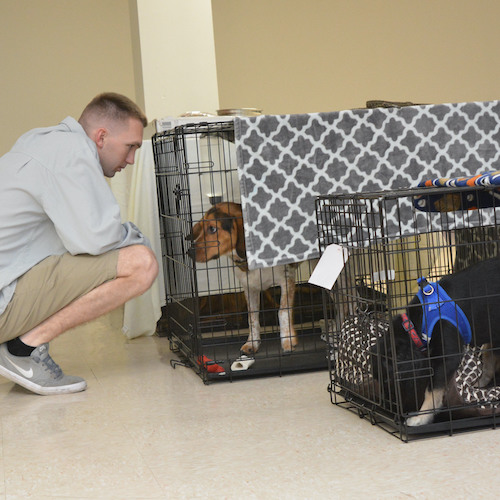
After people imperiled themselves for their pets in Hurricane Katrina, including animals in emergency plans became law. Learn more about resources that can ensure people feel comfortable sheltering with their animals.
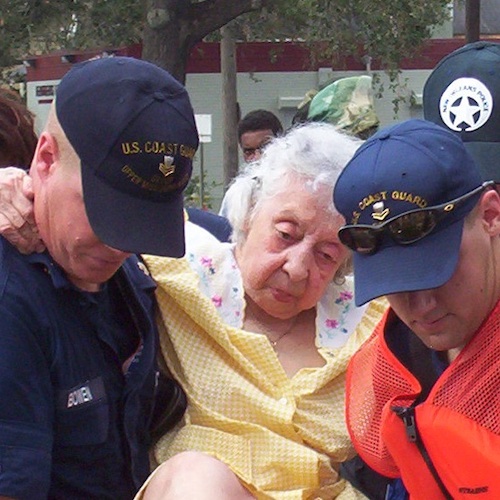
Teaching mass care workers to recognize the signs of dementia, depression, and delirium in older adults can ensure safety and reduce the burden on shelter resources.
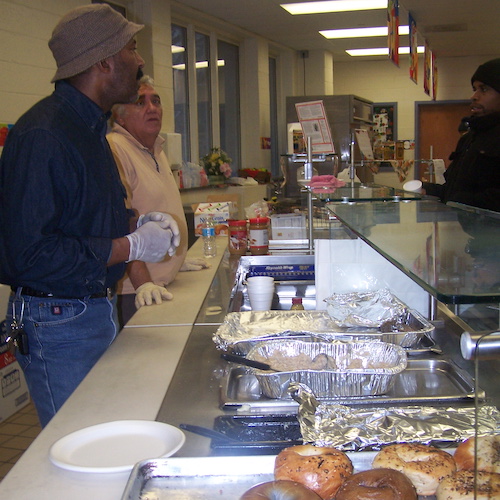
Although it takes time and resources, collaborating with community groups can drastically improve the capacity and effectiveness of public health agencies. Learn how to make such partnerships a success.
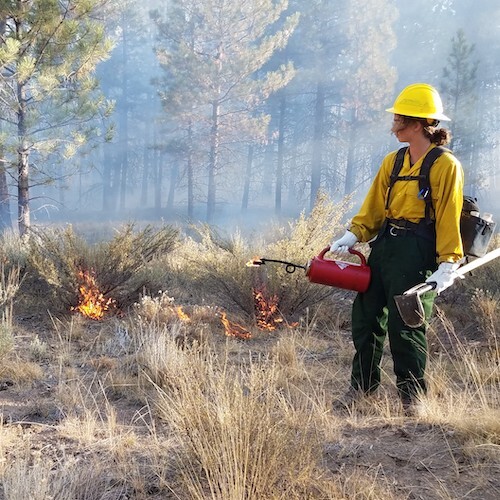
Reducing hazardous fuels can be effective in keeping wildfire manageable, but there can be many barriers to achieving mitigation goals. Read more about how obstacles can be overcome.
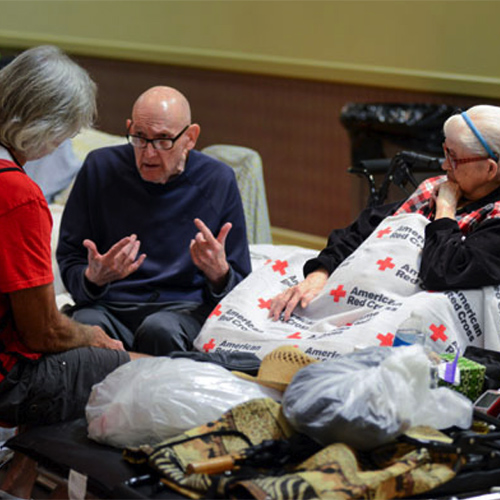
Learn how this this special collection communicates the latest research on mass sheltering and disasters and how practitioners can use evidence-informed decision-making to improve shelter experiences.
If you are interested in contributing to this series, please contact Natural Hazards Center Director Lori Peek directly at lori.peek@colorado.edu.
